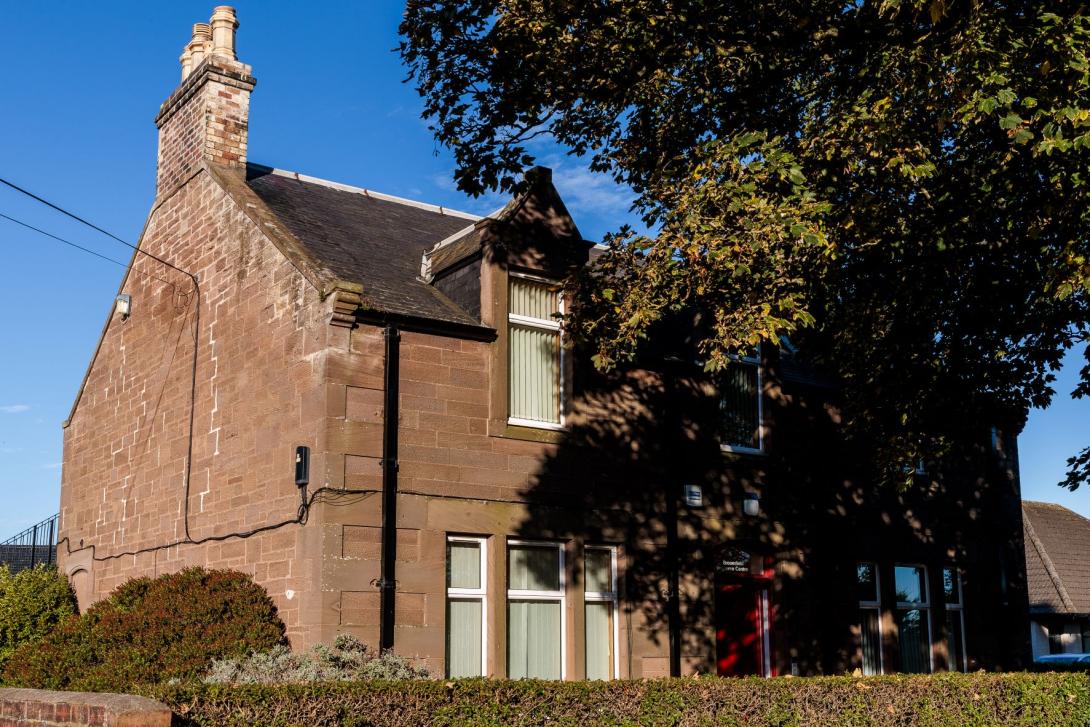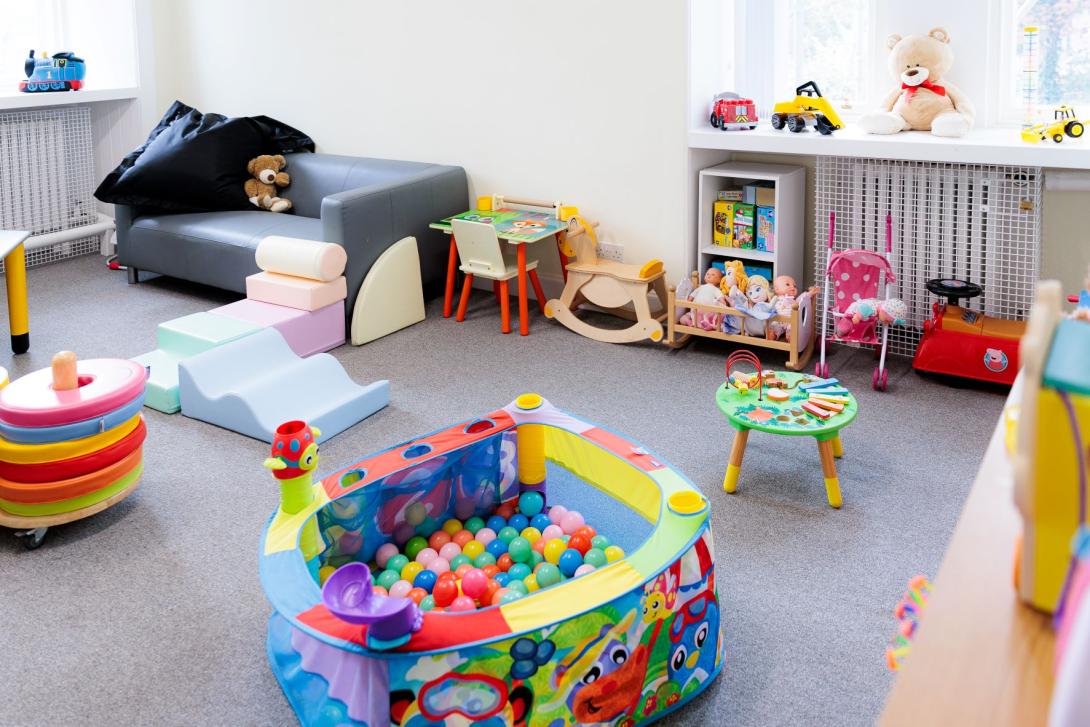Sometimes it is better and safer for you not to live with your parents or those caring for you at this time.
Your social worker will explain where you are going to live and why. You may go to live with other family members such as grandparents or an aunt or uncle. This is called “Kinship care” and is often the first option for you, as this can help you stay close to your family. However, sometimes you may need to go and live with foster carers or live in residential care.
This can be a very worrying time for you, but it can also be a relief to leave a difficult family situation.
If you are a parent or carer
There are laws that covers children living apart from their family. To find out more visit the page on your rights.
Care experienced
Being “Care Experienced” means that you, as a child, young person or adult is or has been, “looked after”.
This could be either at the home of someone else or it could be in a residential home at some point in your childhood. This can include kinship, foster, residential care, or being looked after at home under a Compulsory Supervision Order.
Angus Council News: Care experienced young people celebrated at Promise Awards 2024
If you are care experienced, you are entitled to certain benefits.
Family time

“Family Time” is what children and young people have said they would like contact with their family members to be called when they’re living away from home. Family time can happen face-to-face or in other ways. It may be for a short time before you and your family can live together again, or longer as part of your care plan.
We know family time is important and want to uphold your right of spending time together when you’re not living at home. We have heard that family time can be fun, happy and exciting for some, but can also feel scary, frightening and upsetting for others.
We will listen to and work with you, your parents and carers to understand what you and your family need during family time, this includes how often, where you will meet together and what you would like to do, where possible.
Family time can sometimes be supervised by a social worker or family support worker. This helps us keep you safe and well. It also helps us to get to know you and your family better when we are making important decisions about what would make things better for you as a family and where is the best place for you to live.
Your social worker will speak with you, your parents, and carers to agree what is best for everyone. You should always be told about family time and if changes need to happen, why.

Sometimes family time may change depending on what you and your family are experiencing. If face-to-face family time changes, you and your family may want to write letters and have phone calls with one another. We know change can be difficult and we will try our best to be flexible and support family time to continue as smoothly as possible when safe to do so.
If a decision is made that you can no longer live together at home in the future, family time may continue if it is in your best interest.
As a parent, your social worker should be clear about what is expected from you and from the workers supporting you with family time. If you do not feel this has happened, you should speak with the social worker to ask why. You can ask to speak with the team manager or make a complaint.
Young carers
A young carer is someone aged 18 or under, who helps to look after or support a member of their family due to physical or learning disability, mental illness, physical illness, drug or alcohol problems, chronic or terminal illness.
You may be eligible for a Young carer grant.
You also can get support from:
Secure care
Secure care
Sometimes it is no longer safe and in a child’s best interest to stay at home or be cared for within the community.
Secure Care is for children under the age of 18 years old. This is a form of residential care that restricts the child’s liberty, which will impact on their rights.
It is a serious decision and should be used only when other options for ensuring a child’s safety and protecting others in the community are not appropriate or effective.
It is necessary for a small minority of children where there are significant concerns due to them absconding or harming themselves or others as set out in S83 (6) Children’s Hearing (Scotland) Act 2011.
Secure care aims to provide intensive support and safe boundaries to help these highly vulnerable children re-engage and move forward positively in their communities.

